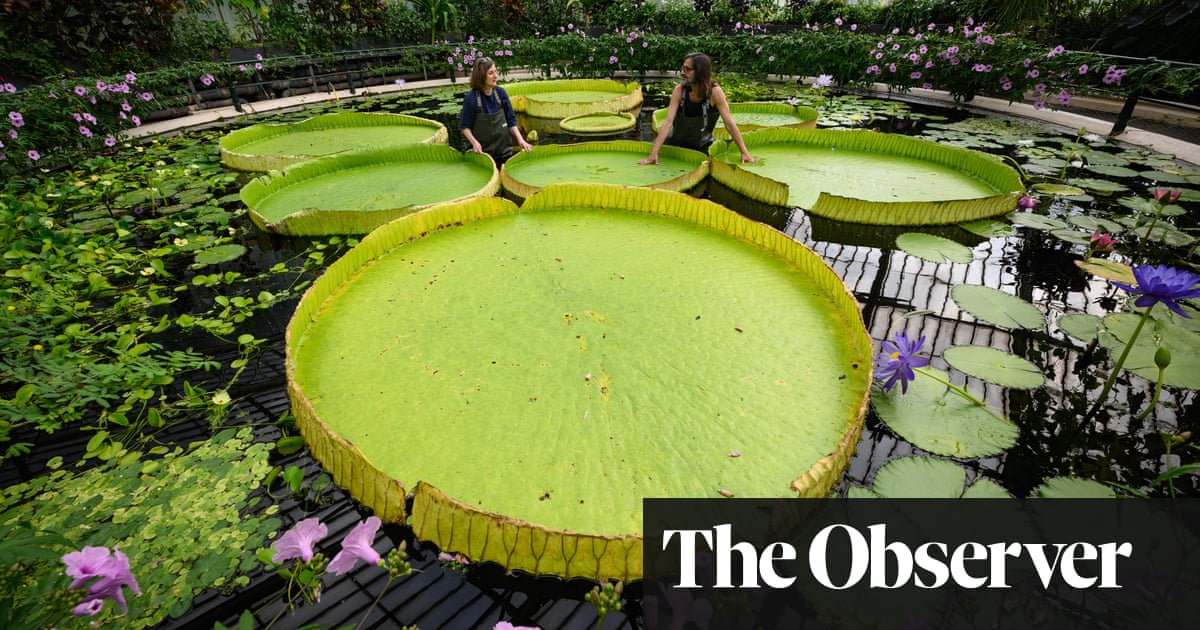It is intended to be a world-leading research facility that will house some of the UK’s greatest collections of historical, botanical and zoological samples. Millions of ancient mosaics and pieces of sculpture, rare plant specimens and fossil remnants will be taken from the British Museum, the Royal Botanical Gardens at Kew and the Natural History Museum (NHM) in London and rehoused at Reading University’s Thames Valley Science Park in Shinfield, Berkshire.
London’s ageing buildings, crumbling storage space, and soaring land prices mean a move beyond the M25 is the only realistic way to protect the capital’s swelling backroom collections of scientific and cultural treasures while improving researchers’ access to them, say senior museum staff. The total price-tag for the venture could top half a billion pounds.
But this vast rehousing project has not been universally welcomed. Indeed, it has proved to be highly controversial among some groups, with researchers denouncing the proposals as acts of “cultural and scientific vandalism”. Others have accused management at Kew and the NHM of bullying staff into accepting the plan to rehouse collections.



This is the best summary I could come up with:
It is intended to be a world-leading research facility that will house some of the UK’s greatest collections of historical, botanical and zoological samples.
London’s ageing buildings, crumbling storage space, and soaring land prices mean a move beyond the M25 is the only realistic way to protect the capital’s swelling backroom collections of scientific and cultural treasures while improving researchers’ access to them, say senior museum staff.
At Kew, a petition, signed by more than 15,000 people, calls for management to abandon its plan to rehouse the garden’s 170-year-old herbarium at the new science park.
Signatories include Sir Ghillean Prance, a former director of Kew, who told the Observer that he was dismayed by the idea of moving the collection, which contains more than 7m specimens of dried, pressed plants gathered from around the world.
Others argue that the relocation would interfere with the work of scientists, who are already stretched in their bids to identify and conserve plants in the face of increasing biodiversity loss across the globe.
A decision on whether to move the Kew herbarium – which could cost £200m and take a decade to complete – is to be taken early next month when the gardens’ board of trustees will vote on the proposed relocation.
The original article contains 967 words, the summary contains 209 words. Saved 78%. I’m a bot and I’m open source!